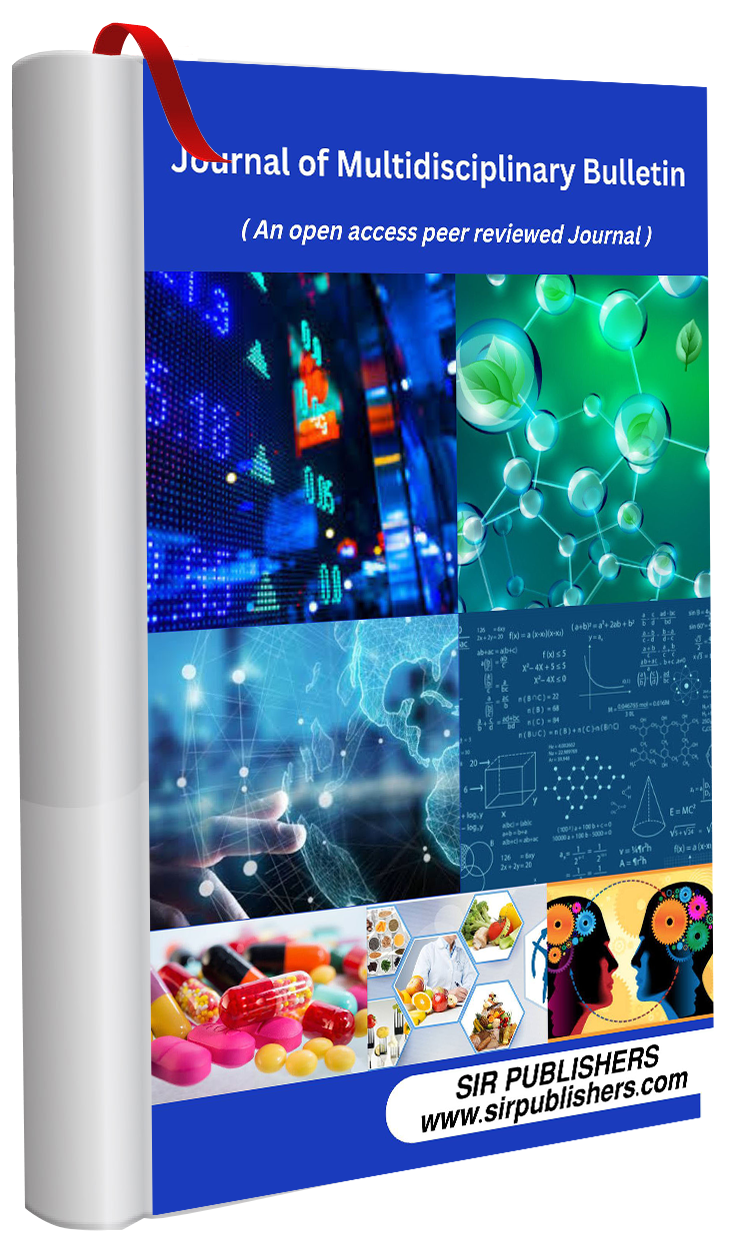TRANSFORMING EDUCATION THROUGH ARTIFICIAL INTELLIGENCE: INNOVATIONS, CHALLENGES, AND ETHICAL IMPLICATIONS IN AI-DRIVEN EDUCATIONAL TOOLS
Abstract
Artificial Intelligence (AI) is transforming the educational landscape by enabling the creation of digital tools and materials that are personalized, efficient, and scalable. This research examines the integration of AI in education, focusing on the development and application of AI-driven educational tools. Through a detailed analysis of current technologies, case studies, and future trends, the study provides insights into the benefits, challenges, and ethical considerations of AI in education. The findings suggest that AI has the potential to significantly enhance learning outcomes and democratize access to quality education.
References
Baker, R. S., & Inventado, P. S. (2014). Educational data mining and learning analytics. In J. A. Larusson & B. White (Eds.), Learning Analytics (pp. 61-75). Springer.
Bishop, C. M. (2006). Pattern Recognition and Machine Learning. Springer.
Heffernan, N. T., & Koedinger, K. R. (2012). Intelligent tutoring systems. In N. M. Seel (Ed.), Encyclopedia of the Sciences of Learning (pp. 1656-1660). Springer.
Knewton. (2020). Personalized Learning Platform. Retrieved from https://www.knewton.com/
Woolf, B. P. (2009). Building Intelligent Interactive Tutors: Student-Centered Strategies for Revolutionizing e-Learning. Morgan Kaufmann.
Luckin, R., et al. (2016). Intelligence Unleashed: An Argument for AI in Education. Pearson.
Heffernan, N., & Heffernan, C. (2018). The impact of intelligent tutoring systems on K-12 education. Computers & Education, 126, 54-65.
Binns, R., et al. (2018). 'It's reducing a human being to a percentage': Perceptions of justice in algorithmic decisions. Proceedings of the 2018 CHI Conference on Human Factors in Computing Systems.









